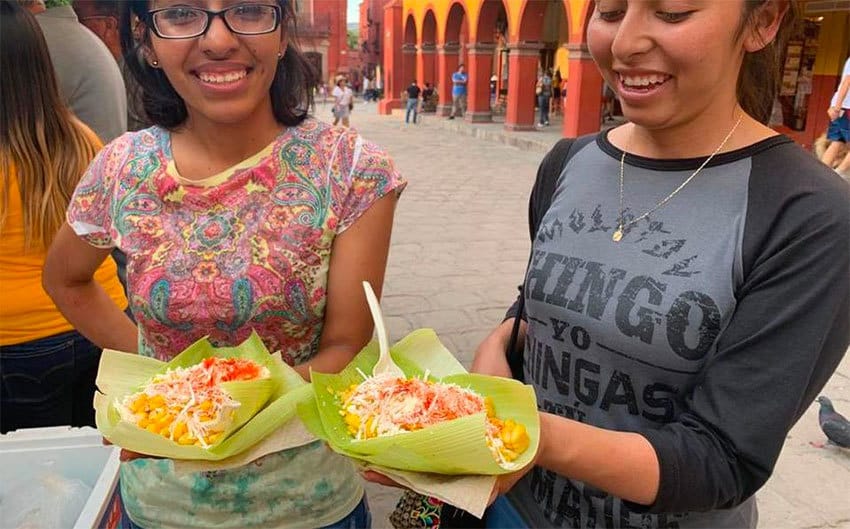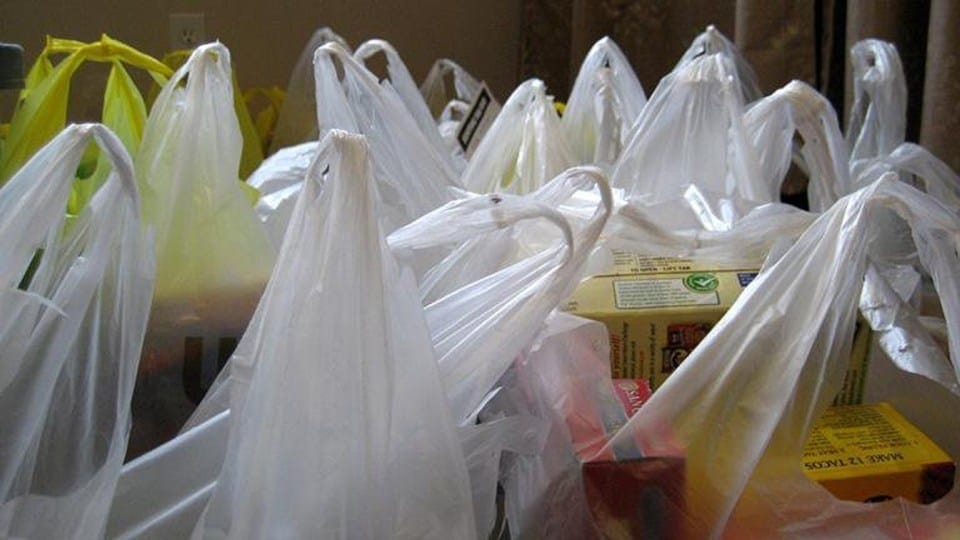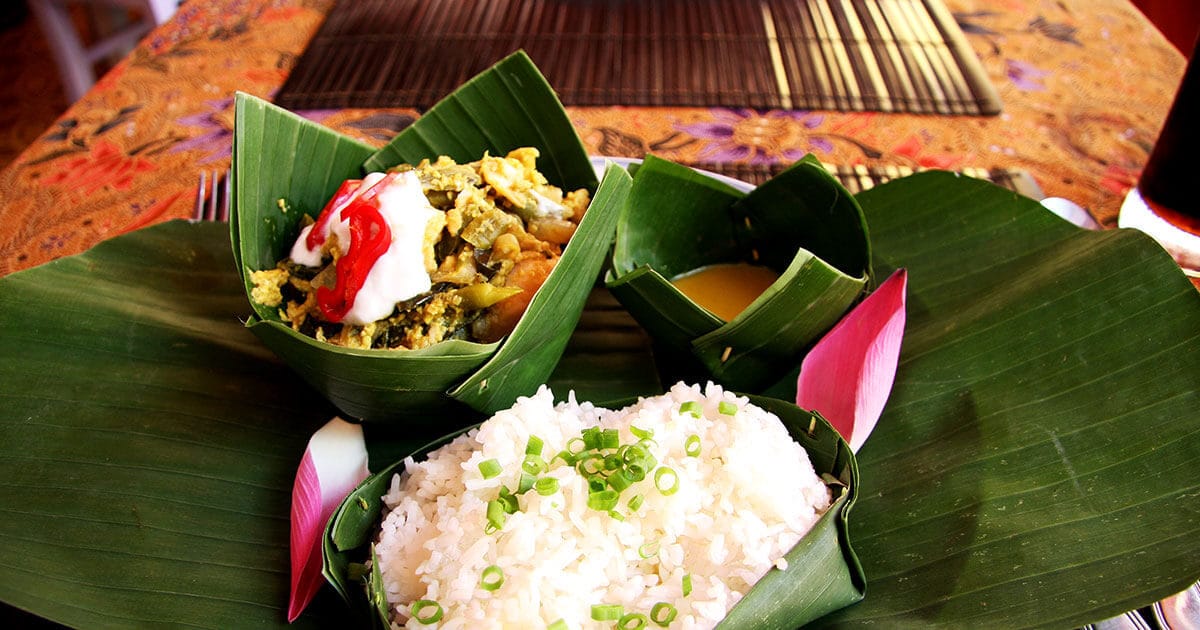Don’t Throw Away Those Tamale Husks – They Make The Perfect Eco-Friendly Plate Or Service Dish
There is no secret that our planet is experiencing an ecological crisis. From flash flooding in Indonesia to a three-year drought that led to unprecedented and lethal bushfires in Australia, the first three weeks of 2020 have reminded us that as a species us humans have basically sucked at achieving a balance with other animal species and with the natural world in general. We are at the brink of either going into a deep well from which we might not come back, or hitting the PAUSE button and making some significant changes.
Here’s a success story about creative ways of using free and inexpensive materials to curb our consumption of single-use plastic products.
Our dependence on single-use plastic plates and containers is not only harmful to the environment, but frankly stupid.

Think about the amount of plastic you use in a single day. From the coffee lid that you throw away after finishing your latte to the plastic cutlery at the fast food court, plastic bags at the supermarket and plastic toothpicks, to water bottles and a long list of products that frankly make no sense… all of those contribute to increased levels of pollution. Just think about how silly it all is: that lid that you threw away or that Starbucks cup will exist way after your body has turned into ash or compost. Yes, it might sound dramatic, but it really is how illogical the use of plastic is.
So in San Miguel de Allende, Mexico, corn husks have become the perfect alternative after Styrofoam was banned in the municipality.

The town of San Miguel de Allende, a traditional town and gringo-retiree central, has banned Styrofoam. Instead of complaining like many chilangos (Mexico City natives) did when plastic bags were banned, vendors in the picturesque San Miguel have resorted to a much more friendly and overall cooler alternative: corn husks.
This is a great idea not only because otherwise they get thrown away or turn into compost, but also because it is a resistant material and can even give some extra flavor to some traditional dishes. Such is the case of esquites, a scintillating concoction of corn, mayo, lemon and chili… food for the gods.
As reported by Mexico News Daily, San Miguel’s mayor, Luis Alberto Villareal, is proud of the initiative of banning harmful materials: “We’ve been working all year, but the truth is that the society of San Miguel is very participatory, it’s a committed society, it’s a progressive society, and [getting participation] hasn’t been too complicated.” Good for them!
Mexico City also banned single-use plastic bags.

From January 1 the user of single-use plastic bags was banned in Mexico City. Given that this is one of the world’s biggest megalopolis the move will certainly have a measurable impact. Many complained (of course they did!), but most embraced the initiative.
Of course, plastic bag producers spoke out against the law, as CE Noticias Financieras reports: “Plastic bag producers, distributors and traders marched and demonstrated in Mexico City on Wednesday against a series of bans to make the Mexican capital free of plastic objects that are only used once in the next months.”
Multinational supermarket chains have also responded to the initiative by offering their customers reusable bags. As NFINCE reports: “Walmart of Mexico, Latin America’s largest self-service chain, began with the free delivery of half a million reusable bags to its customers, as part of the one-time plastic and plastic bag disposal agreement, signed with the Government of Mexico City.”
Eco traditional practices are coming back

Even though hipster, gentrified zones of Mexico City have adopted the use of eco bags and all sorts of products that are often overpriced, Mexico City tradition has a long history of uses of bolsas de mercado, bags in which people store their groceries while shopping. This practice is mostly followed by the lower socioeconomic classes, but we are sure they will expand. Using a reusable bag is tradition and hopefully it will make a comeback. We also hope that bags that are usually less that $3 USD don’t end up being a $50 USD hipster commodity!
Natural, compostable plates and containers are used throughout the Global South and it is a long and rich tradition.

All throughout Asia people use sticks or toothpicks and fresh banana leaves to make bowls and plates in which dishes such as coconut rice or amok (Cambodian curried fish) is served. Oftentimes the practices of the Global North are seen as the panacea of progress but there is much to be learned from developing nations and from indigenous communities in places such as Australia, the United States, Mexico and Canada.




